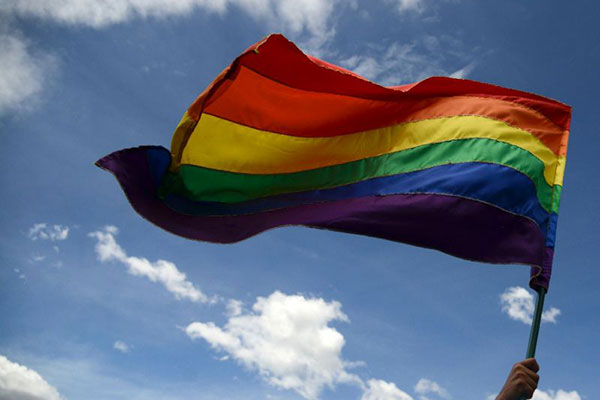
Kenya set to rule on decriminalising gay sex

A three-judge bench of the Kenyan High Court is expected to give its verdict on the legality of gay and lesbians on Friday, February 22.
As the countdown draws closer, a quiet air of excitement surrounds the offices of the National Gay and Lesbian Human Rights Commission (NGLHRC),
“We are excited and cautiously optimistic – but optimistic nonetheless,” Lelei Cheruto from NGLHRC, one of the groups petitioning the court to decriminalize gay sex, told the Thomson Reuters Foundation.
“A positive ruling will mean sexual minorities in Kenya will have the freedom to exist. It will be a step toward their inclusion in society. We feel we have a very solid case.”
Homosexuality is taboo in the country and persecution of sexual minorities is rife.
Under sections of Kenya’s penal code, gay sex – or “carnal knowledge against the order of nature” – is punishable by up to 14 years in jail.
Campaigners say the laws have long promoted homophobia in the largely conservative Christian country – and are used daily to persecute and discriminate against sexual minorities.
A positive judgment would not only give rights and dignity to sexual minorities in Kenya, say campaigners, but will inject impetus into battles being waged by persecuted LGBT+ people Africa wide.
Yet public rejection is likely to remain. President Uhuru Kenyatta has said, “gay rights is really a non-issue”, while deputy president William Ruto said Kenya had “no room” for gays. Legislator Aden Duale once told parliament that homosexuality was “as serious as terrorism”.
More than half of the countries in sub-Saharan Africa have anti-homosexuality laws, although others have moved towards legal tolerance
However, Angola, Mozambique and Seychelles have scrapped anti-gay laws in recent years
On the other hand, Chad and Uganda have introduced or toughened legislation.






